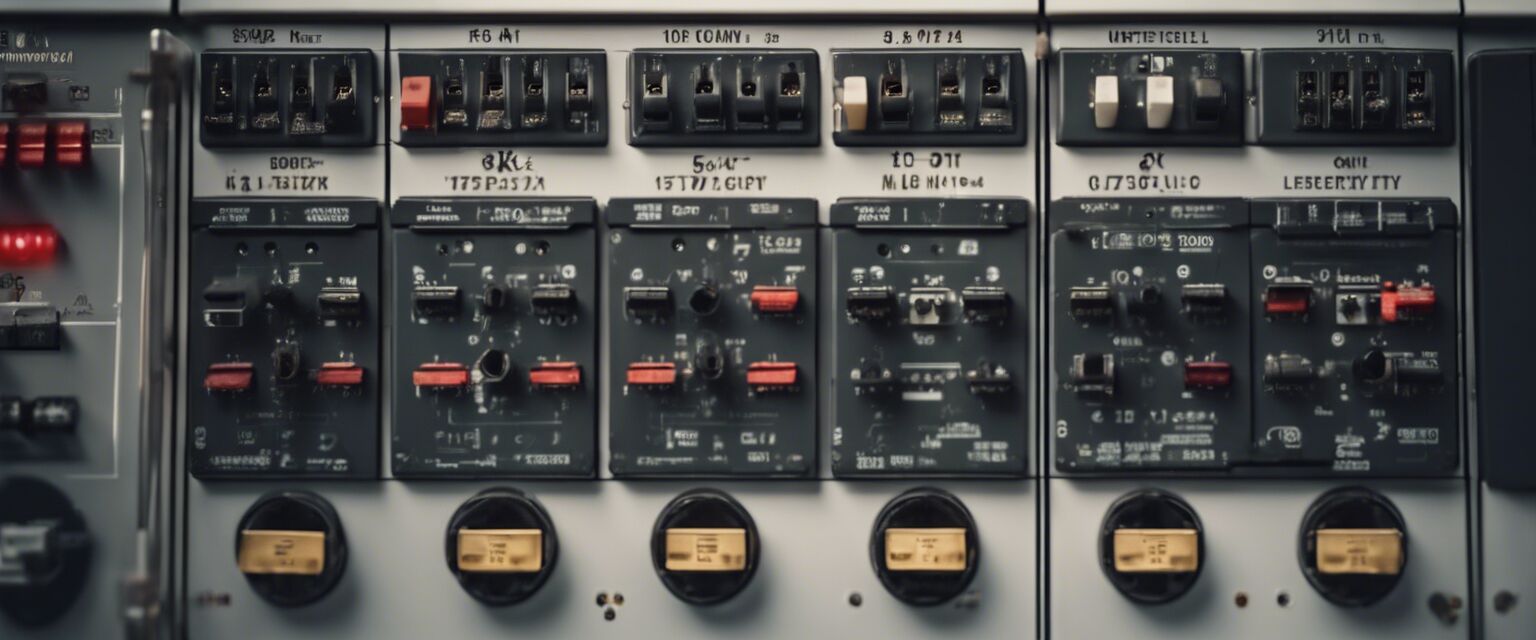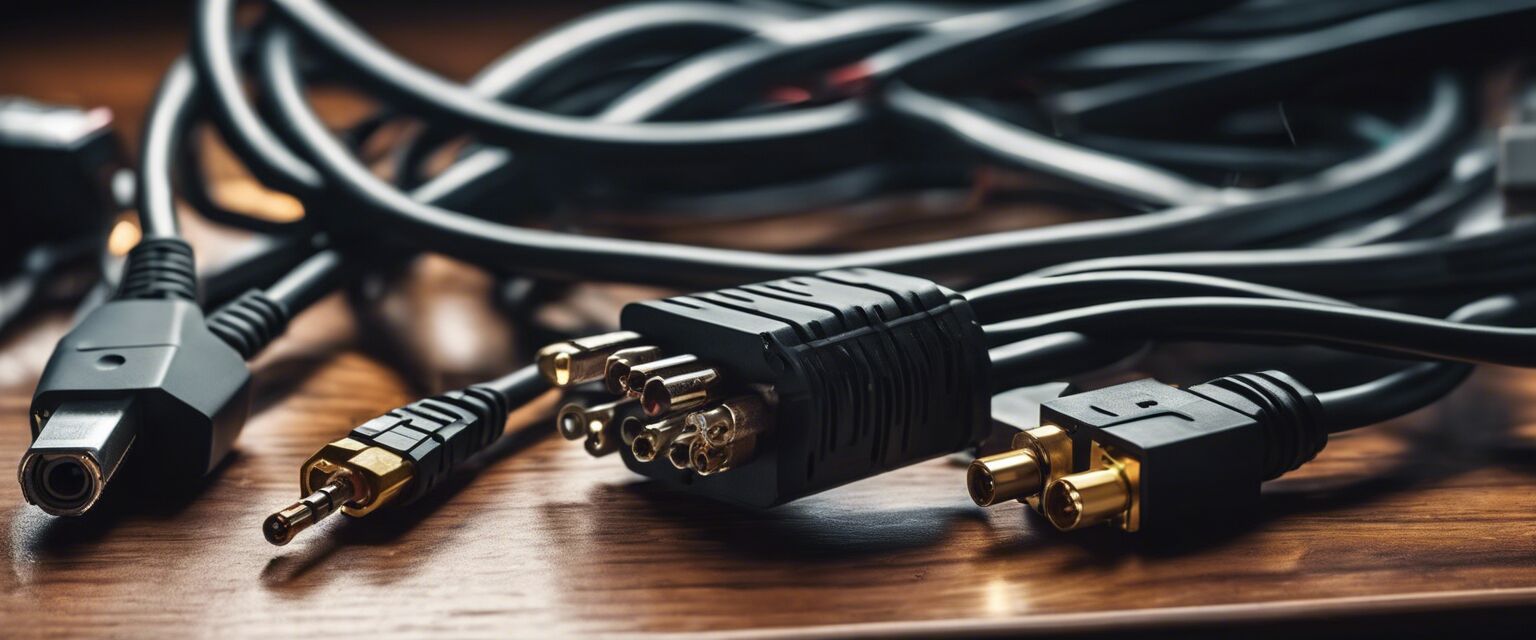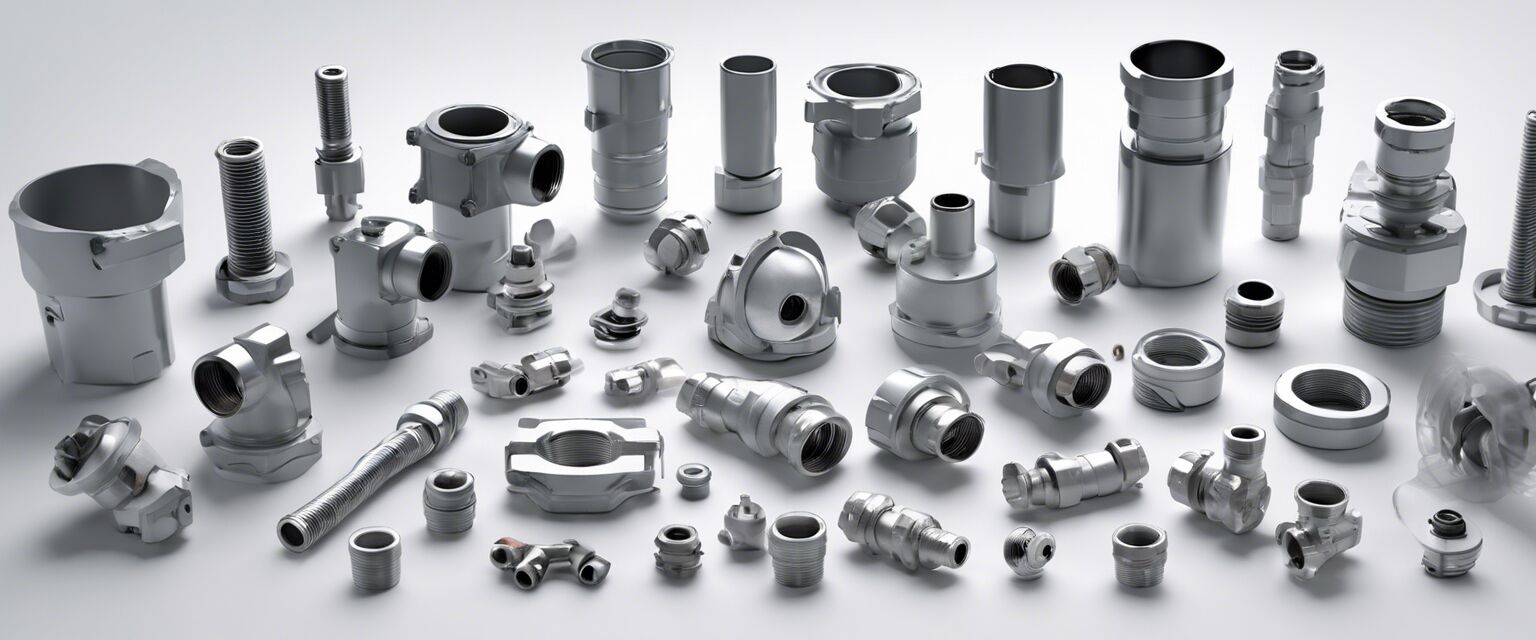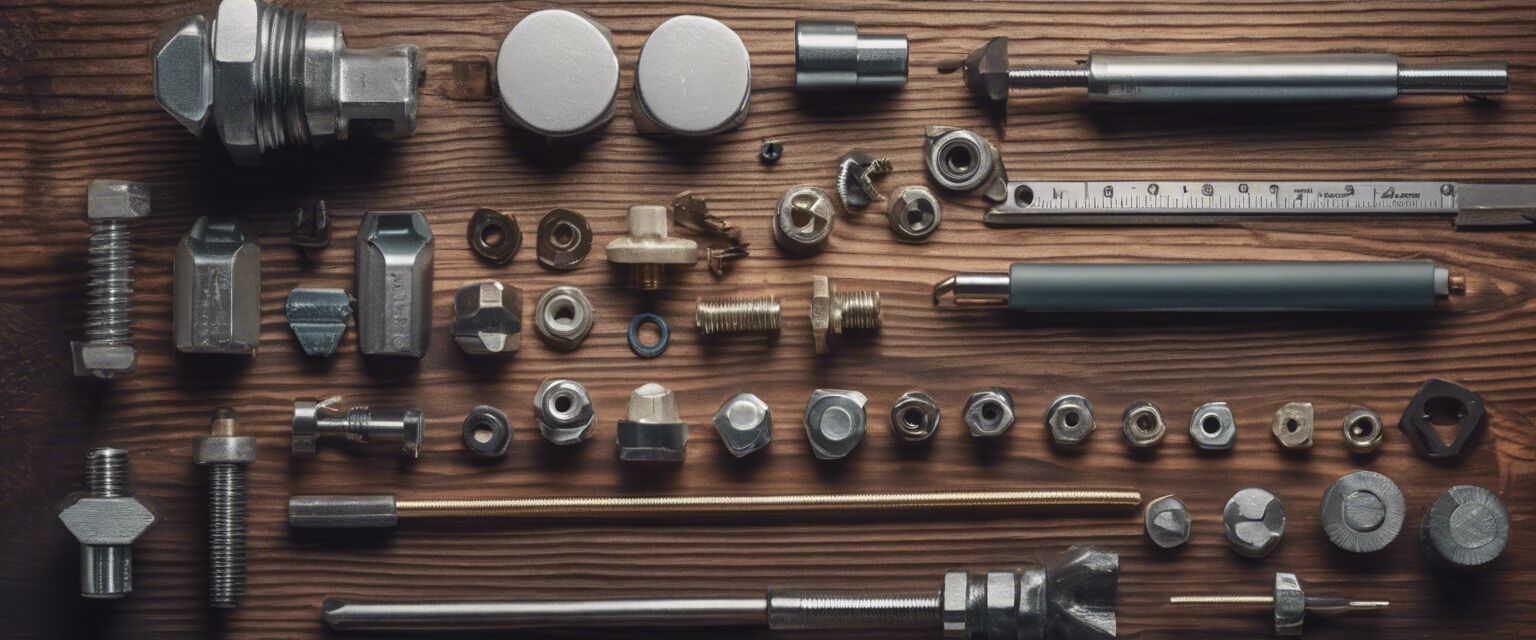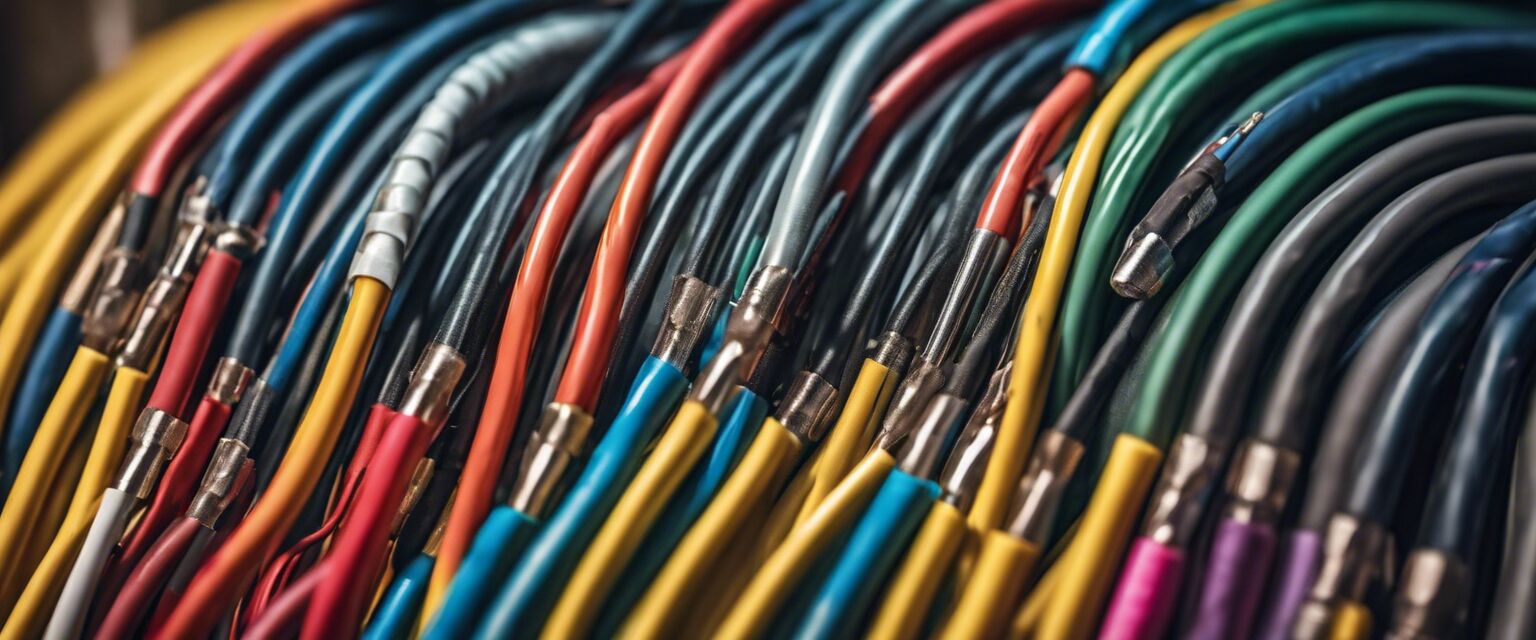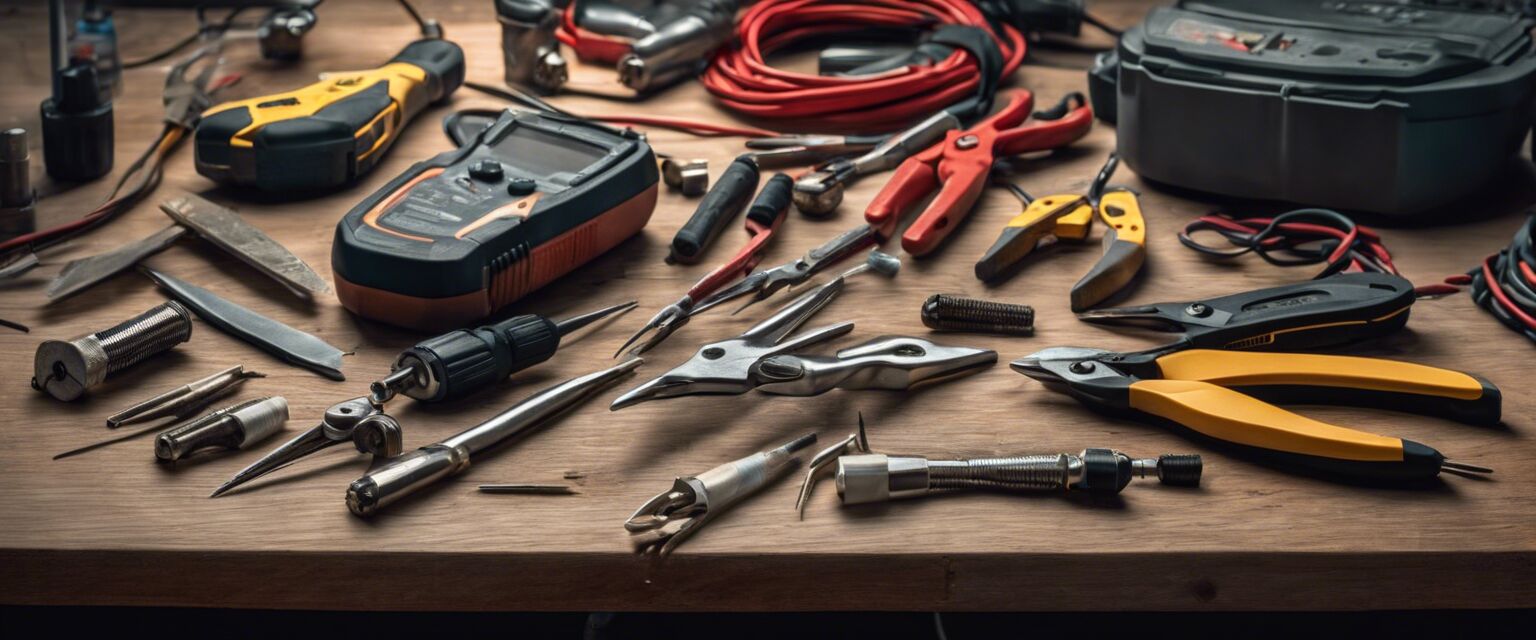
Essential Tools for Electricians
Key Takeaways
- Electricians require a mix of hand tools, power tools, and specialty tools.
- Quality tools boost efficiency and safety on the job.
- Understanding tool functions is essential for effective use.
- Investing in quality over quantity ensures longevity and reliability.
When it comes to electrical work, having the right tools is crucial. From diagnosing issues to performing repairs, the essential tools for electricians can make all the difference. This article will explore various groups of tools used in the trade, including hand tools, power tools, and specialty tools for specific tasks.
Types of Tools for Electricians
1. Hand Tools
Hand tools form the backbone of an electrician's toolkit. These tools are necessary for basic installation and repair work:
- Pliers: Used for gripping, twisting, and cutting wire.
- Screwdrivers: Essential for fastening and loosening screws in electrical fittings.
- Wire Strippers: Used to remove insulation from electrical wires without damaging them.
- Fish Tape: A tool used to pull wire through walls and conduits.
2. Power Tools
Power tools enable electricians to perform tasks efficiently and accurately, especially in larger projects:
- Drills: Used for creating holes in various materials and driving screws.
- Reciprocating Saws: Great for cutting through pipes and conduits.
- Cordless Impact Wrenches: Provide high torque for fastening and loosening nuts and bolts.
- Multi-Tools: Versatile tools equipped with several functionalities, useful for various tasks.
3. Specialty Tools
Specialty tools are designed for specific tasks that electricians encounter:
- Lockout/Tagout Devices: Critical for safety during maintenance work.
- Voltage Testers: Used to check electrical voltages safely and effectively.
- Wire Crimping Tools: For joining wires together securely.
- Circuit Tester: Helps to diagnose electrical systems easily.
Tool Maintenance Tips
To ensure your tools last longer and operate efficiently, regular maintenance is essential:
Tips for Tool Maintenance
- Always clean tools after use to remove dirt and debris.
- Store tools correctly in a dry place to prevent rust.
- Sharpen blades and bits regularly for efficient cutting.
- Check for damaged parts frequently and replace them when necessary.
Cost-Effective Tool Options
It's essential to strike a balance between quality and cost, especially for those just starting. Here are some cost-effective options for essential tools:
| Type of Tool | Quality Option | Budget Option |
|---|---|---|
| Pliers | Professional-grade pliers | Standard pliers set |
| Drill | Drill with brushless motor | Batter-operated drill |
| Voltage Tester | Digital multimeter | Basic non-contact tester |
Comparison of Essential Tool Brands
| Brand | Hand Tools | Power Tools | Specialty Tools |
|---|---|---|---|
| Brand A | Durable and reliable | High-performance | Specialized options |
| Brand B | Good value | Mid-range quality | Basic tools available |
| Brand C | Professional-grade | Top-tier performance | Focused on safety |
Conclusion
Choosing the right tools is essential for every electrician to ensure high-quality work and safety. Whether you are just starting or looking to upgrade your toolkit, understanding the different types of tools available and their specific applications will help you make informed decisions.
Pros
- Enhances productivity and efficiency on the job site.
- Quality tools improve safety and reduce the risk of accidents.
- Specialty tools allow for precise work in various tasks.
Cons
- Quality tools can be more expensive upfront.
- Maintaining and storing tools properly requires effort.
- Some tools may become outdated as technology evolves.
Explore More Tools
For more comprehensive information on tools and supplies for electricians, check out our other resources on:



